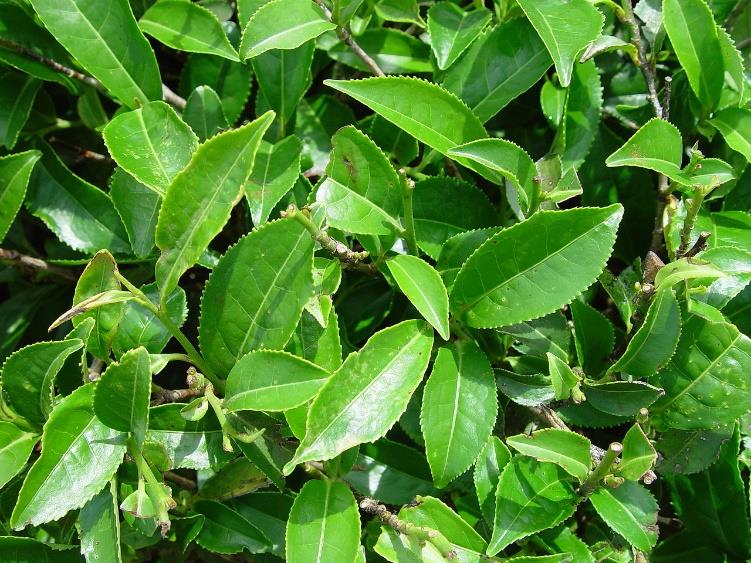


Joseph R. Anticaglia, MD
Medical Advisory Board
Aside from water, green tea ranks as the world’s second most popular beverage. People have been drinking green tea for thousands of years and in almost the same fashion. It all started, according to one legend, when the Chinese Emperor Shennong in 2737 BC was sitting under a tea tree.
A few leaves fell from the tree into a bowl of hot water that was next to the Emperor. The water turned a dark color, and elicited an appetizing aroma. He sipped the concoction, found it to be flavorful, and instructed his servants to make it for him at home and on his journeys.
Over the centuries its popularity grew in neighboring countries, and eventually reached the western world. It became a stable, household beverage enjoyed by the family for its taste and health benefits. Traditional Chinese Medicine practitioners use green tea in their formulas to treat patients. Green tea in its most natural form is simply the leaves of the Camelia si nen sis plant which are immersed and allowed to steep in hot water.

Green tea contains polyphenols, for instance, catechins which are powerful antioxidants that help neutralize free radicals in the body. Free radicals can cause cell damage increasing the risk of chronic diseases such as heart disease and cancer.
Drinking green tea regularly has been associated with a reduced risk of coronary artery disease by lowering LDL cholesterol levels.
Research suggest that antioxidant catechins called EGCG (epigallocatechin 3- gallate) in green tea can prevent the growth of cancer cells, and lower the risk of certain types of cancers like breast and prostate cancer.
Brain Function: The combination of caffeine, and L-theanine in green tea has been correlated with improved attention, memory and cognition function.
The catechins in green tea possess anti-inflammatory properties which may help alleviate chronic inflammation and related conditions.
The presence of catechins and EGCG in green tea extracts has been linked to effective antibacterial activity against different types of microorganisms which may be useful in managing oral conditions such as periodontal disease and dental caries,
In addition to the above, research relates health benefits of green tea to weight loss, inflammatory skin conditions, liver health, and helping blood sugar management in type 2 diabetes.
Several studies point to the hazards of the excessive consumption of green tea and its adverse effects which include:
Geen tea may interact with certain medications interfering with their absorption and effectiveness. Individuals for instance, taking heart medication, chemotherapy drugs, antidepressants, or blood thinners should consult their physician before consuming green tea on a regular basis.
Green tea contains caffeine which can lead to nervousness digestive problems, and insomnia particularly in caffeine sensitive individuals.
Due to the caffeine content in green tea, and its potential harmful effects on fetal development, the consumption of green tea is not recommended during pregnancy, or breastfeeding.
The antioxidant property of green tea, especially its active compound EGCG, holds promise as complementary therapy for a variety of illnesses. It appears to have antimicrobial. antineoplastic, and anti-inflammatory capacities. Further research is warranted to elucidate the dosage, schedule, toxicity, and effectiveness of green tea alone, or in combination with conventional treatment. Consultation with your family physician is advisable especially if you have preexisting medical conditions, or if your pregnant or breast feeding.
Green tea contains polyphenols, the antioxidant catechin and EGCG — epigallocatechin 3 — gallate that help prevent cell damage (oxidative stress). The antioxidant concentration in green tea is higher than that of black tea.
Around 800 AD, during the Tang Dynasty, Lu Yu wrote an innovative book known as “The Classic of Tea.” This book was the first written text explaining the culture and art of green tea. He described how tea plants were grown, the leaves processed, and tea prepared as a beverage.

This article is intended solely as a learning experience. Please consult your physician for diagnostic and treatment options